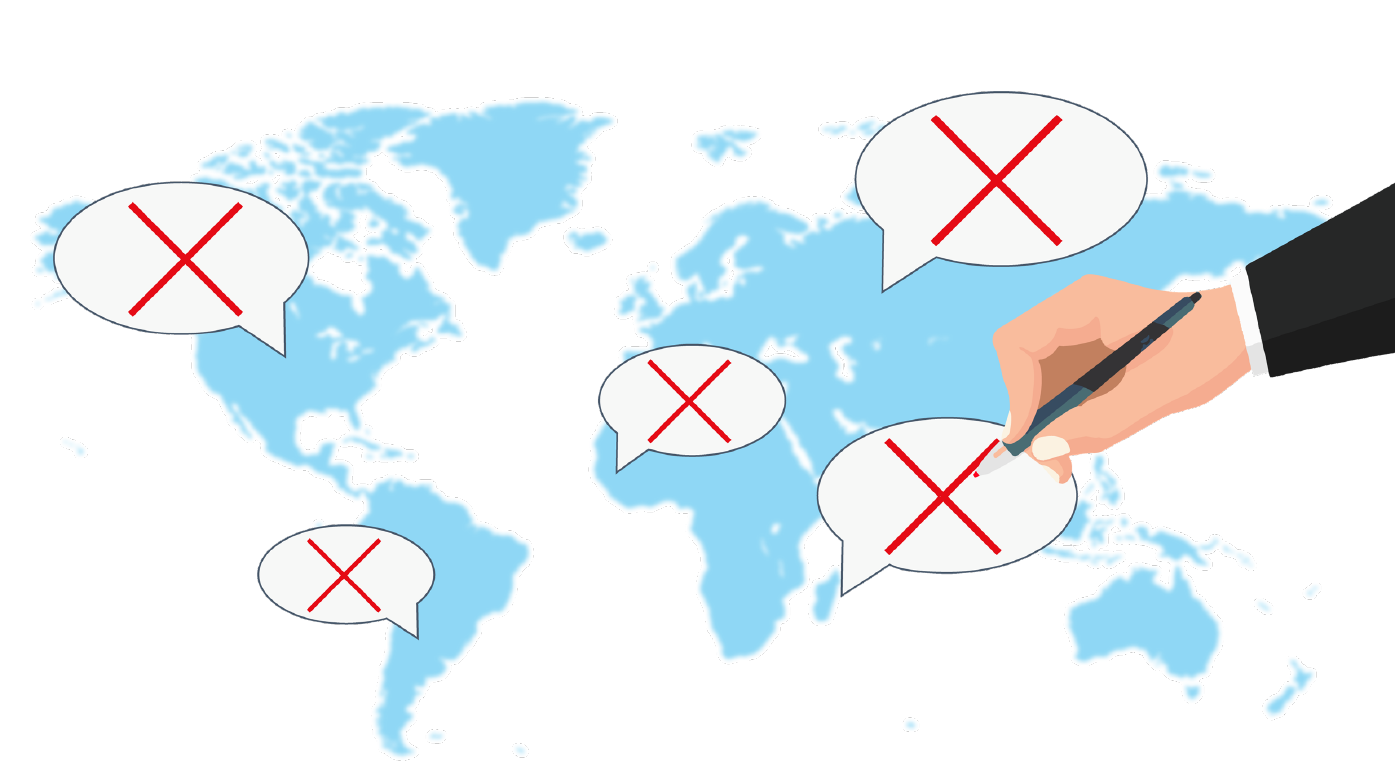
Across the globe, governments are scrambling to regulate content on social media to limit various (contentious) categories such as disinformation and hate speech. In many cases, measures include so-called intermediary liability laws that oblige platforms to remove illegal or even “harmful” content once they are notified. In Europe, this trend was kick-started by Germany´s Network Enforcement Act (NetzDG), which stipulates that social media companies with over 2 million users must remove manifestly illegal content within 24 hours after notice or risk hefty fines. Justitia documented(2) how the NetzDG became the blueprint for more than 20 such restrictive regulatory proposals or laws worldwide – in both authoritarian states and liberal democracies. Regulating online content is also a hot-button issue at the EU level. In December 2020, the European Commission presented its proposal for the Digital Services Act (DSA), which introduced new obligations for intermediary service providers, including special obligations for “very large online platforms”. These include submitting an annual assessment of significant risks stemming from their functions (Article 26), implementing mitigation measures for such risks (Article 27), submitting independent audits to assess compliance (at their own expense) (Article 28) and, ‘upon a reasoned request’, providing the EU with relevant data necessary to assess compliance (Article 31). The Commission may impose fines in the event of non-compliance (Article 59).
Even if platforms were to comply with all requirements set out by the DSA, content moderation practices that reflect national or regional norms are bound to conflict with the global nature of social media platforms. Platforms cater to billions of users across nations and cultures with varying definitions of and tolerance for offensive content.
To understand and conceptualize the varying standards for free speech among different governments and peoples, Justitia conducted a survey in 2021 to study the support for free speech around the world. The survey included approximately 50,000 respondents in 33 countries, including 3 Northern European countries: Sweden, Denmark, and Norway. This short paper will provide an insight into two aspects of the extensive survey – namely, attitudes toward free speech when it comes
